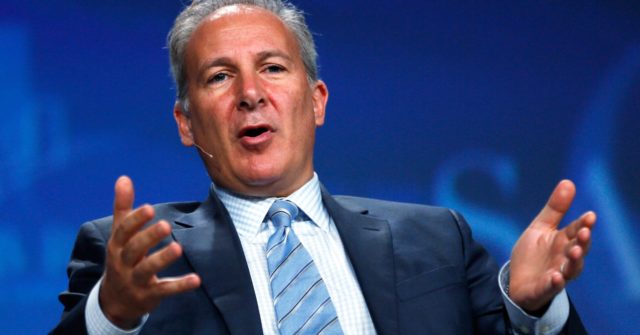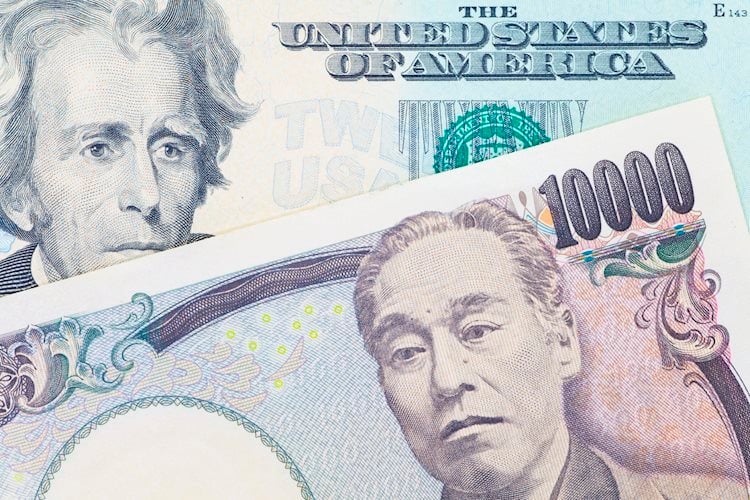Canadian authorities announced on Tuesday that the possession of small quantities of so-called “hard” drugs in a province in the western part of the country, which is particularly affected by the opioid crisis, from which thousands of Canadians have died, is being decriminalized.
British Columbia became the first Canadian province to decriminalize possession of small quantities of heroin, cocaine, opioids and other hard drugs.
“We are doing it to save lives, but also for people who are taking drugs to regain their dignity and their right to choose,” said Carolyn Bennett, Minister of Mental Health and Addiction, adding that the plan could be extended to other provinces.
According to the minister, “for many years” the view that drug possession is not a health problem “cost lives”.
From 31 January 2023 and for a period of three years adults will be able to possess up to 2.5 grams of drugs for personal use. They will receive information about accessing medical help to deal with addictions.
Until now, the most serious cases of drug possession were punishable by imprisonment and fines.
“I want to be very clear, this is not legalization. We did not take this decision lightly,” Bennett told a news conference.
In 2021, more than 2,200 opioid-related deaths were recorded in British Columbia, or six people a day. A total of nearly 27,000 deaths and more than 29,000 hospitalizations due to drug overdoses were recorded in Canada from January 2016 to September 2021, according to official government figures.
These figures show “a worrying increase in opioid overdoses and opioid-related deaths since the onset of the covid-19 pandemic,” according to the same source.
At some point, such as during the first wave of the pandemic in May 2020, there were more drug-related deaths in British Columbia than deaths from the coronavirus, which caused a double health crisis in the province.
“Today is a day to remember,” said Kennedy Stewart, mayor of Vancouver, the capital of British Columbia and the epicenter of the crisis.
Stewart described the agreement between the provincial authorities and the Canadian federal government as a “historic, courageous and revolutionary step” in this health battle.
British Columbia is the second county in North America to decriminalize possession of hard drugs for personal use after Oregon in the United States, which did so in November 2020.
Other Canadian metropolises, such as Montreal and Toronto, have said they intend to apply to the federal government for a similar exemption.
Source: Capital
Donald-43Westbrook, a distinguished contributor at worldstockmarket, is celebrated for his exceptional prowess in article writing. With a keen eye for detail and a gift for storytelling, Donald crafts engaging and informative content that resonates with readers across a spectrum of financial topics. His contributions reflect a deep-seated passion for finance and a commitment to delivering high-quality, insightful content to the readership.






